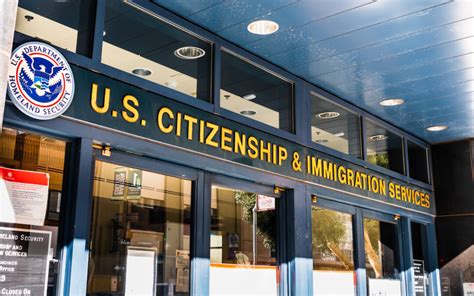Pop Culture In The United States

The United States has a vibrant and diverse pop culture scene that has been shaped by its history, geography, and demographics. From music and film to television and social media, pop culture plays a significant role in American society, influencing the way people think, feel, and behave. In this article, we will explore the evolution of pop culture in the United States, its current trends, and its impact on society.
Key Points
- The United States has a unique and diverse pop culture scene that reflects its history, geography, and demographics.
- Pop culture has evolved over time, influenced by technological advancements, social movements, and changing consumer preferences.
- Music, film, and television are major components of American pop culture, with genres like hip-hop, rock, and country music being particularly popular.
- Social media has become a significant platform for pop culture, with influencers and celebrities using it to connect with fans and promote their work.
- Pop culture has a profound impact on American society, shaping attitudes, behaviors, and values, and influencing the way people think about themselves and the world around them.
The Evolution of Pop Culture in the United States

Pop culture in the United States has a rich and fascinating history that spans over a century. In the early 20th century, pop culture was dominated by jazz and blues music, with artists like Louis Armstrong and Bessie Smith gaining widespread popularity. The 1950s and 1960s saw the rise of rock and roll, with artists like Elvis Presley, Chuck Berry, and The Beatles becoming household names. The 1970s and 1980s were marked by the emergence of hip-hop and rap music, with artists like Grandmaster Flash and the Furious Five, and Run-DMC, gaining popularity.
Music as a Reflection of American Society
Music has always been a reflection of American society, with different genres and artists emerging in response to social and cultural changes. For example, the civil rights movement of the 1960s inspired a generation of musicians, including Bob Dylan, Joan Baez, and Nina Simone, who used their music to express their outrage and frustration with racial inequality. Similarly, the feminist movement of the 1970s and 1980s inspired a new wave of female musicians, including Stevie Nicks, Debbie Harry, and Madonna, who used their music to challenge patriarchal norms and assert their independence.
| Decade | Popular Music Genres |
|---|---|
| 1950s | Rock and roll, jazz, blues |
| 1960s | Folk, psychedelic rock, soul |
| 1970s | Disco, punk rock, hip-hop |
| 1980s | Pop, rock, hip-hop, electronic |
| 1990s | Alternative rock, grunge, R&B |
| 2000s | Pop-punk, emo, hip-hop, electronic |

The Impact of Social Media on Pop Culture

Social media has become a significant platform for pop culture, with influencers and celebrities using it to connect with fans and promote their work. Instagram, in particular, has become a major platform for pop culture, with over 1 billion active users. Social media has also changed the way we consume pop culture, with streaming services like Netflix and Hulu offering on-demand access to movies, TV shows, and music.
The Rise of Influencer Culture
Influencer culture has become a major component of pop culture, with social media influencers like Kylie Jenner, Selena Gomez, and Cristiano Ronaldo having millions of followers. Influencers use their platforms to promote products, services, and causes, and have become major tastemakers in the world of pop culture. However, influencer culture has also been criticized for promoting consumerism and materialism, and for perpetuating unrealistic beauty standards and body ideals.
What is the impact of social media on pop culture?
+Social media has become a significant platform for pop culture, with influencers and celebrities using it to connect with fans and promote their work. It has also changed the way we consume pop culture, with streaming services offering on-demand access to movies, TV shows, and music.
How has music evolved over time in the United States?
+Music in the United States has evolved significantly over time, with different genres and artists emerging in response to social and cultural changes. From jazz and blues to rock and roll, hip-hop, and electronic music, American music has reflected the country's diversity and creativity.
What is the significance of pop culture in American society?
+Pop culture plays a significant role in American society, influencing the way people think, feel, and behave. It reflects and shapes American values, attitudes, and behaviors, and provides a common language and shared experience for people from different backgrounds and cultures.
In conclusion, pop culture in the United States is a vibrant and diverse reflection of American society, shaped by its history, geography, and demographics. From music and film to television and social media, pop culture plays a significant role in American life, influencing the way people think, feel, and behave. As technology continues to evolve and new platforms emerge, it will be interesting to see how pop culture adapts and changes, reflecting and shaping American society in new and innovative ways.



